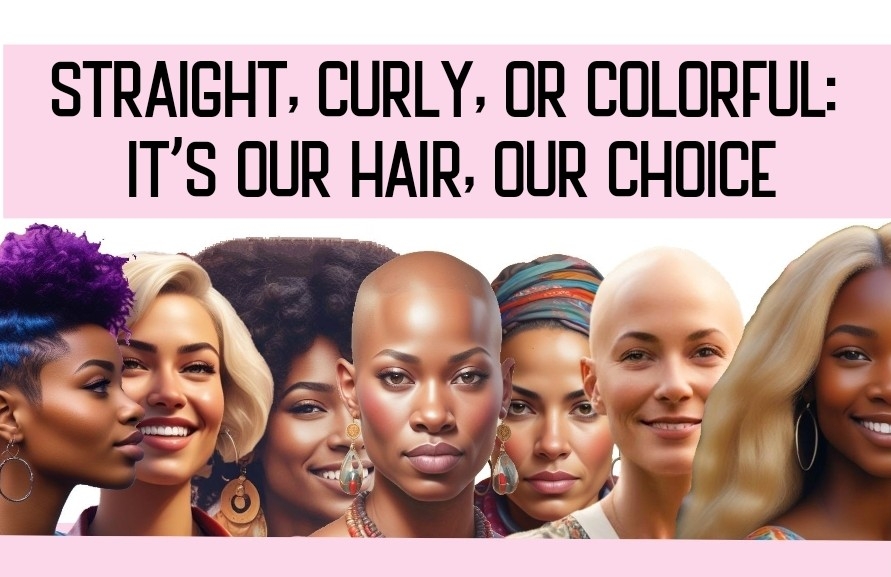Frequently, I encounter videos and comments expressing disapproval towards Black women who change the texture or color of their hair. This scrutiny seems disproportionate and raises questions about why such choices are often targeted within this community.
To provide some context, White women have been altering their hair—through coloring, straightening, or wearing wigs and extensions—for generations. Historically, even White men have done the same;
With the exception of George Washington,
The Founding Fathers, wore wigs. So, why does it appear acceptable for one race to freely express themselves through their hair while another faces judgment for doing the same?
It's essential to recognize that individuals of all races make personal choices about their hair. Some Black and White women may feel that curly or wavy hair doesn’t align with their self-image and choose to straighten it. Conversely, others may think their straight hair lacks character and opt to add waves or curls. Likewise, hair color can be a vital part of self-expression, leading many women—regardless of race—to experiment with hues they feel best represent them.
Amid this dialogue, it’s crucial to acknowledge that while some Black women may alter their hair due to societal pressures, many others do it simply out of personal preference or the desire for change—similar to their White counterparts. The ongoing "embrace your natural hair" movement is important, but it should not cultivate an environment where individuals are criticized for their choices. Accusing someone of self-rejection simply because they wear wigs, extensions, or choose different hair colors can feel mean-spirited and counterproductive.
In my view, the mantra can be simplified to this: Straight hair, no hair, fake hair—who cares? What matters far more is promoting kindness, acceptance, and understanding. If health concerns regarding hair chemicals drive some of these conversations, it’s vital to discuss those with care rather than using them as a platform to belittle personal choices.
Ultimately, we must learn to coexist peacefully and embrace individual expressions of beauty, no matter how diverse they may be. Life is too short to be entangled in needless judgments. Let’s focus on what truly matters—supporting one another in our journeys of self-expression and personal growth.
